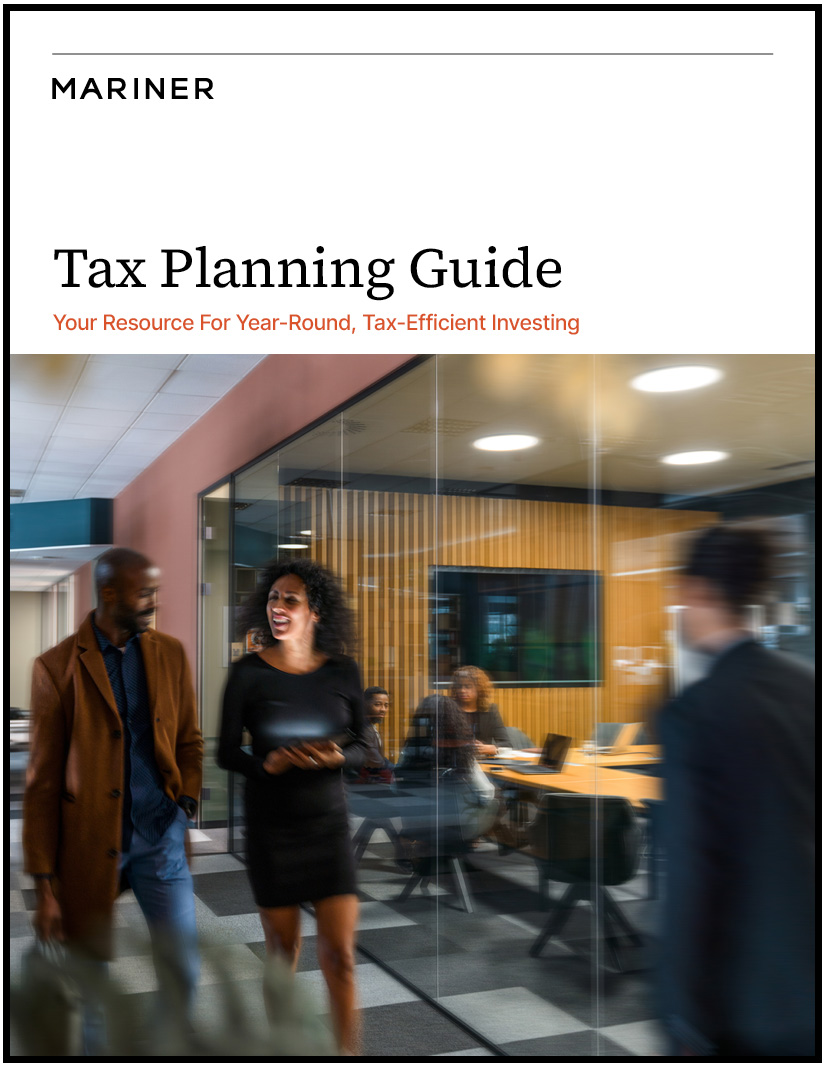Discover Tax-Efficient Withdrawal Strategies During Retirement

When you’re ready to take distributions from various accounts in retirement, it matters which accounts you withdraw from first to help minimize the taxes you’ll pay. Here are answers to a few common questions on the topic.
Q: If I make tax-efficient retirement withdrawals, can my savings last longer?
A: Yes. One study compared three different withdrawal strategies and found that the most tax-efficient strategy used extended the drawdown period of invested assets by 7.5 years versus using the least efficient withdrawal strategy. Please understand that actual results will vary.
Q: How are various retirement account withdrawals taxed?
A:
- Tax-deferred retirement accounts such as 401(k)s and 403(b)s are funded with pre-tax dollars, and distributions are taxed as ordinary income.
- After-tax accounts, such as Roth IRAs and Roth 401(k)s, are funded with after-tax dollars. Because contributions have already been taxed, the principal and earnings can generally be withdrawn tax free. To avoid paying taxes on your Roth 401(k) withdrawals, your account must be held for at least five years, and you must be at least age 59½, or the distribution must be due to disability or death.
- Taxable brokerage accounts are generally funded after their owners reach the contribution limits on their tax-deferred and tax-free retirement accounts. These accounts are funded with after-tax money, so taxes will apply to capital gains, interest and dividends.
Q: What’s the general rule on which accounts to withdraw from first?
A: Because each individual’s situation and goals are unique, withdrawal-sequencing strategies should be custom designed.
If you are age 72, you must start taking required minimum distributions (RMDs) from tax-deferred accounts like traditional 401(k)s and IRAs. Failure to take those RMDs will result in penalties equal to half the required withdrawal amount.
Following RMDs, or if you aren’t yet taking RMDs, it’s often wisest to take distributions from taxable accounts because the maximum tax rate on long-term capital gains and qualified dividends is just 20% in 2022. In addition, capital gains may be subject to the net investment income tax (NIIT), an additional levy of 3.8% if the taxpayer’s income is above certain amounts. The income thresholds depend on the filer’s status. Traditional 401(k)s and IRAs, on the other hand, are taxed at the ordinary income rate, which in 2022 is as high as 37%. Tax-deferred accounts should generally be tapped next, with Roth accounts left for last: The longer these tax-free accounts are able to appreciate, the better.
Q: What do I need to be aware of when creating a withdrawal strategy?
A: There are a variety of reasons that the strategy described above might have to be altered or fine-tuned. Retirees may own real estate, annuities, or other types of investments in addition to their publicly traded securities, for instance. And distribution amounts should be weighed carefully to avoid unintended consequences such as entering a higher tax bracket.
Whether your retirement is imminent or far off, you’ll need a tax-efficient strategy for turning your retirement savings into monthly income. At Mariner, your wealth advisor, collaborating with our in-house tax team, can help you develop a withdrawal strategy that seeks to stretch your assets as far as possible in retirement.
Tax Guide: Your Resource for Year-Round Tax-Efficient Investing
Year-round planning with an advisor could help improve your overall wealth plan. Find out more by downloading our tax guide.
Sources:
The views expressed are for commentary purposes only and do not take into account any individual personal, financial, legal or tax considerations. As such, the information contained herein is not intended to be personal legal, investment or tax advice. Nothing herein should be relied upon as such, and there is no guarantee that any claims made will come to pass. The opinions are based on information and sources of information deemed to be reliable, but Mariner Wealth Advisors does not warrant the accuracy of the information. Please discuss your personal situation with your tax and financial advisors..
Mariner is the marketing name for the financial services businesses of Mariner Wealth Advisors, LLC and its subsidiaries. Investment advisory services are provided through the brands Mariner Wealth, Mariner Independent, Mariner Institutional, Mariner Ultra, and Mariner Workplace, each of which is a business name of the registered investment advisory entities of Mariner. For additional information about each of the registered investment advisory entities of Mariner, including fees and services, please contact Mariner or refer to each entity’s Form ADV Part 2A, which is available on the Investment Adviser Public Disclosure website. Registration of an investment adviser does not imply a certain level of skill or training.

